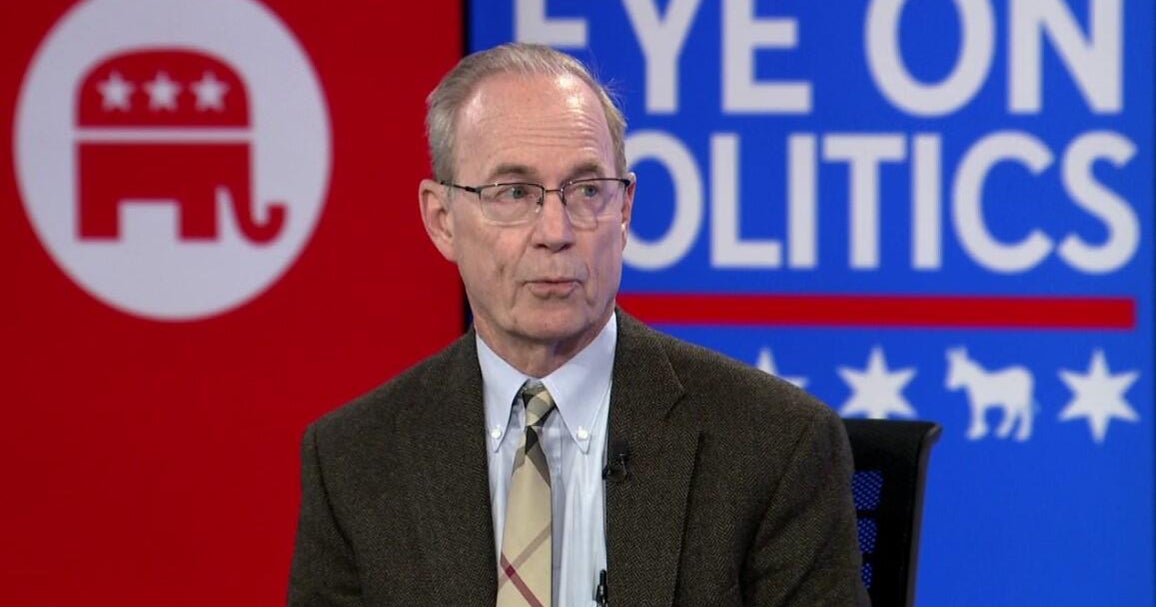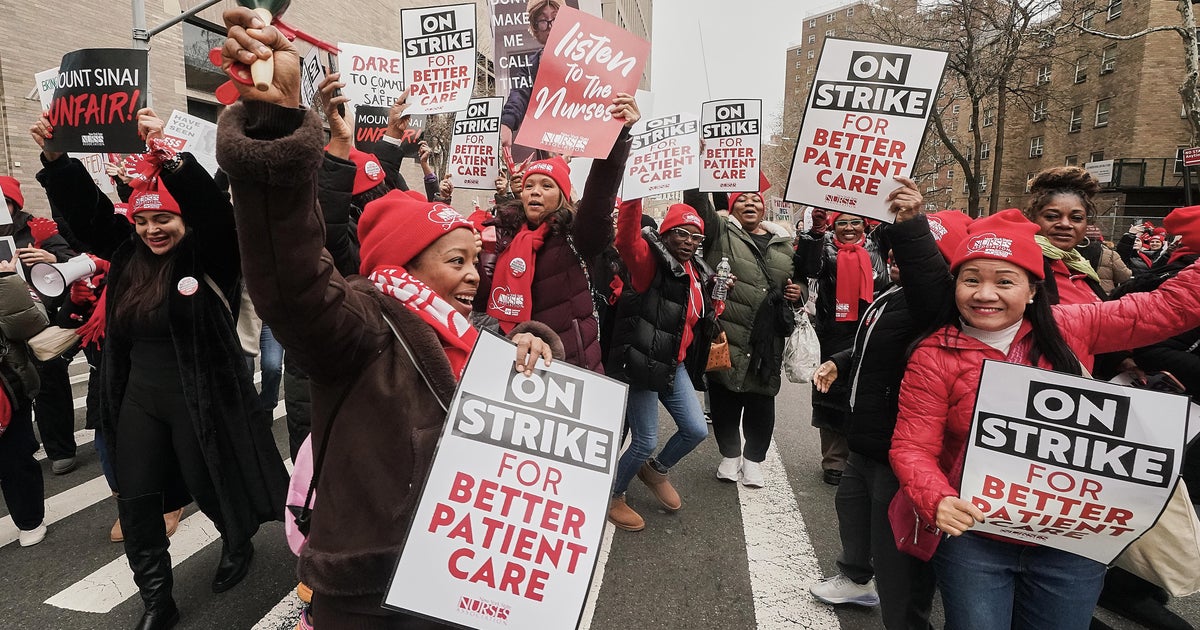Quinn Terminates Contract With State's Largest Worker Union
CHICAGO (AP) -- After nearly a year of negotiations, Gov. Pat Quinn's administration on Tuesday terminated the contract between the state of Illinois and its largest public employee union.
Assistant Budget Director Abdon Pallasch said state officials informed leaders of the American Federation of State, County and Municipal Employees there will be no additional extensions of a contract covering 40,000 workers that expired in June.
Pallasch said AFSCME leadership hasn't offered meaningful concessions even as the state has agreed to withdraw a proposed pay cut for current employees and replace it with a proposal for a pay freeze.
LISTEN: WBBM Newsradio's Bob Roberts Reports
Podcast
"During 11 months of bargaining, the state has extended the contract three times and made significant efforts to compromise. But the government employees union, which has not offered a single proposal to deal with retirement health care, continues to seek millions of dollars in pay hikes the taxpayers can't afford to give them," Pallasch said in a statement. "It has refused to recognize the extraordinary financial crisis squeezing the state."
Illinois' public pension system is underfunded by at least $85 billion, and there state has a more than $8 billion backlog in overdue bills.
AFSCME executive director Henry Bayer called the Quinn administration's action unprecedented, adding that it will make reaching a contract more difficult.
"In 40 years of collective bargaining, Pat Quinn is the first and only Illinois governor to terminate a union contract," Bayer said, adding the action will "lower employee morale, provoke instability in the workplace and make settling a contract more difficult."
Both sides agree the action will have no immediate effect because the contract terms remain in effect.
Earlier this year, the union contended Quinn wanted concessions so deep that they are "an insult to every state employee." It said salary cuts and increased insurance costs could mean some workers would take a $10,000 hit.
However, the Quinn administration contends the state can't afford to keep providing salaries and benefits at levels it says exceeds the salaries and benefits of other unionized state workers across the country.
(TM and © Copyright 2012 The Associated Press. All Rights Reserved. This material may not be published, broadcast, rewritten or redistributed.)







